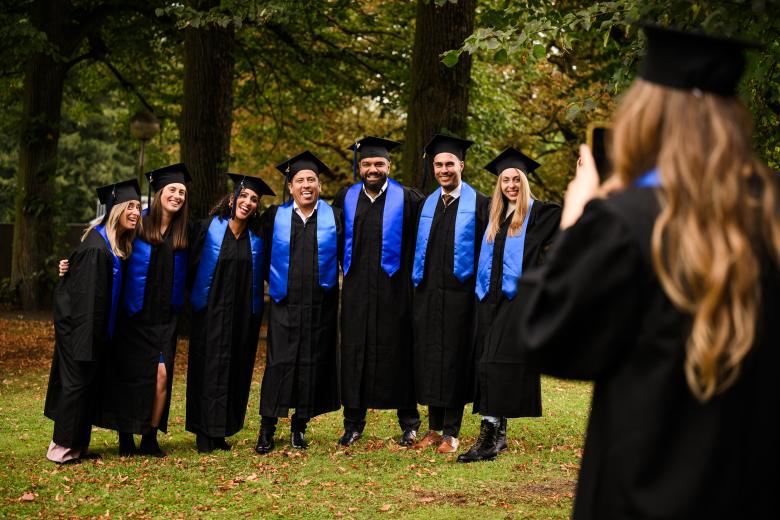Politics turns a deaf ear to science
'The tension between the scientific and political communities is generating fascinating insights,' says Gerjo Kok, who delivered his valedictory speech as professor of Applied Psychology at Maastricht University on 8 April. 'Politicians claim that their policy ideas are based on real life, despite researchers pushing to have their results included in the political decision-making process. Unfortunately, they don't always succeed,' says Kok.
A good example of this tension is the debate surrounding the use of graphic images and texts on cigarette packs. The underlying idea is that showing people unsettling images of blackened lungs will confront them with the effects of their behaviour and help them change it. In this case, that means cutting back on smoking or quitting entirely. The more unsettling the image, the greater the effect. The same method can be used to reduce the incidence of driving under the influence of drugs or alcohol.
However, Professor Kok believes that a very different conclusion can be reached when the issue is approached from a theoretical, scientific perspective. Human behaviour is influenced by four variables: severity, probability, treatment and self-confidence. These variables differ per person and each have a different impact on the end result. This means that someone with low self-confidence may be so unsettled by the pictures, that he or she starts smoking more to relieve the stress.
Behavioural change is extremely complex. Kok is a supporter of the method known as intervention mapping, which is used to develop, implement and evaluate practical behavioural interventions based on six theory- and evidence-based steps. 'There's no quick fix,' he says. 'It's unrealistic to expect social psychologists to summarise the principles of behavioural change so that people can develop their own interventions.' That's why Maastricht University is training psychology students to become fully-fledged behavioural scientists that can provide valuable input on issues of social and political relevance.
Also read
-
Maastricht University recognised among top institutions in CEO Magazine’s 2025 Green MBA Rankings
We are proud to share that Maastricht University School of Business and Economics has been recognised as a top-ranked institution in the CEO Magazine 2025 Green MBA Rankings.

-
Language policy in European higher education
The increased Englishization of higher education is under discussion in several European countries. What does a balanced language policy look like that does justice to both the increasingly international character of higher education and a country's language-related cultural identity? At an...

-
Most prestigious European grant to two UM scientists
Two Maastricht University professors are to receive the most prestigious European research grant for individual researchers: an ERC Advanced Grant, worth over €2.5 million. They are Lorenzo Moroni (MERLN) and Alexander Sack (FPN).
